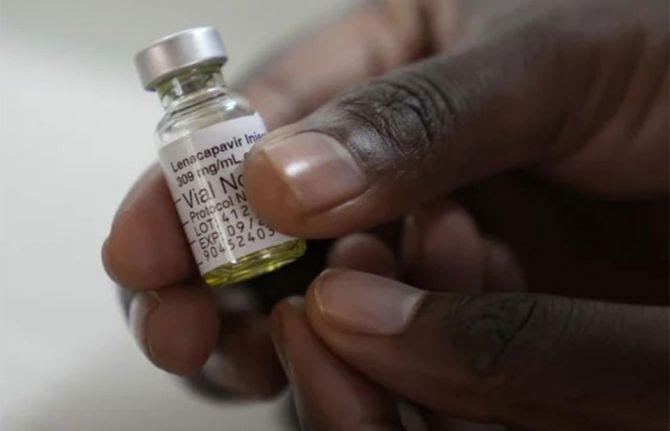A Tipping Point for Public Health
After decades of waging war against HIV/AIDS, tuberculosis (TB), and malaria, Nigeria now teeters on a knife’s edge as dwindling foreign aid exposes perilous cracks in its fragile domestic funding.
Civil Society Organisations (CSOs) are now raising the alarm, insisting that without a unified and robust homegrown financing strategy, hard-won progress could slip away.
“In the face of this dwindling funding from external sources, we need to come together and form a unified front to source more domestic support in-country,” The Chair of the Stop TB Partnership Nigeria Board, Queen Ogbuji-Ladipo, urged at a landmark workshop in Abuja on Wednesday. Experts fear that without urgent action, the nation could face new surges in preventable deaths.
The Cost of Disjointed Efforts
At the heart of the new push is the need to harmonise scattered funding campaigns into one practical, transparent framework. “Rather than working piecemeal, we must harmonise our strategies and scale up resource mobilisation across all local governments,” said Ayo Ipinmoye, National Coordinator of the Association of Civil Society Organisations on Malaria Control, Immunisation and Nutrition (ACOMIN).
According to him, malaria alone demands over $2 billion yearly, yet Nigeria faces a deficit of over $1 billion. Health economists warn that this gap risks undoing the gains of years of interventions, especially in rural communities where the diseases hit hardest.
Communities, Corporates Must Step Up
Experts agree that domestic resource mobilisation cannot succeed without community buy-in and stronger private sector engagement.
Ipinmoye did not mince words: “When people misuse donated mosquito nets for fishing or other purposes, they sabotage progress. Communities must be held accountable, too.”
He also took aim at corporate Nigeria: “We have big companies making billions, yet their input into the health of the people they profit from is minimal.”
Health policy analyst Dr. Obinna Eze explains that Nigeria’s Corporate Social Responsibility (CSR) culture is still “largely cosmetic” and urges a policy shift that makes substantial health investment mandatory for big firms.
Time for Results, Not Shelved Blueprints
Stakeholders say the new framework must avoid the trap of beautifully written but unused policy documents. “We don’t want to develop another framework that will just sit on the shelf. This must be a tool for change and action,” Ogbuji-Ladipo stressed.
Executive Secretary of the Country Coordinating Mechanism (CCM) for the Global Fund, Tajudeen Ibrahim, noted that domestic funding also promotes accountability.
“Donor fatigue and shifting priorities abroad have made health financing unpredictable. Local funds will bring more efficiency.”
As each disease programme reveals the true cost of bridging funding gaps, the message from experts is clear: Nigeria must put its money where its survival lies—or risk a dangerous resurgence of preventable diseases.



